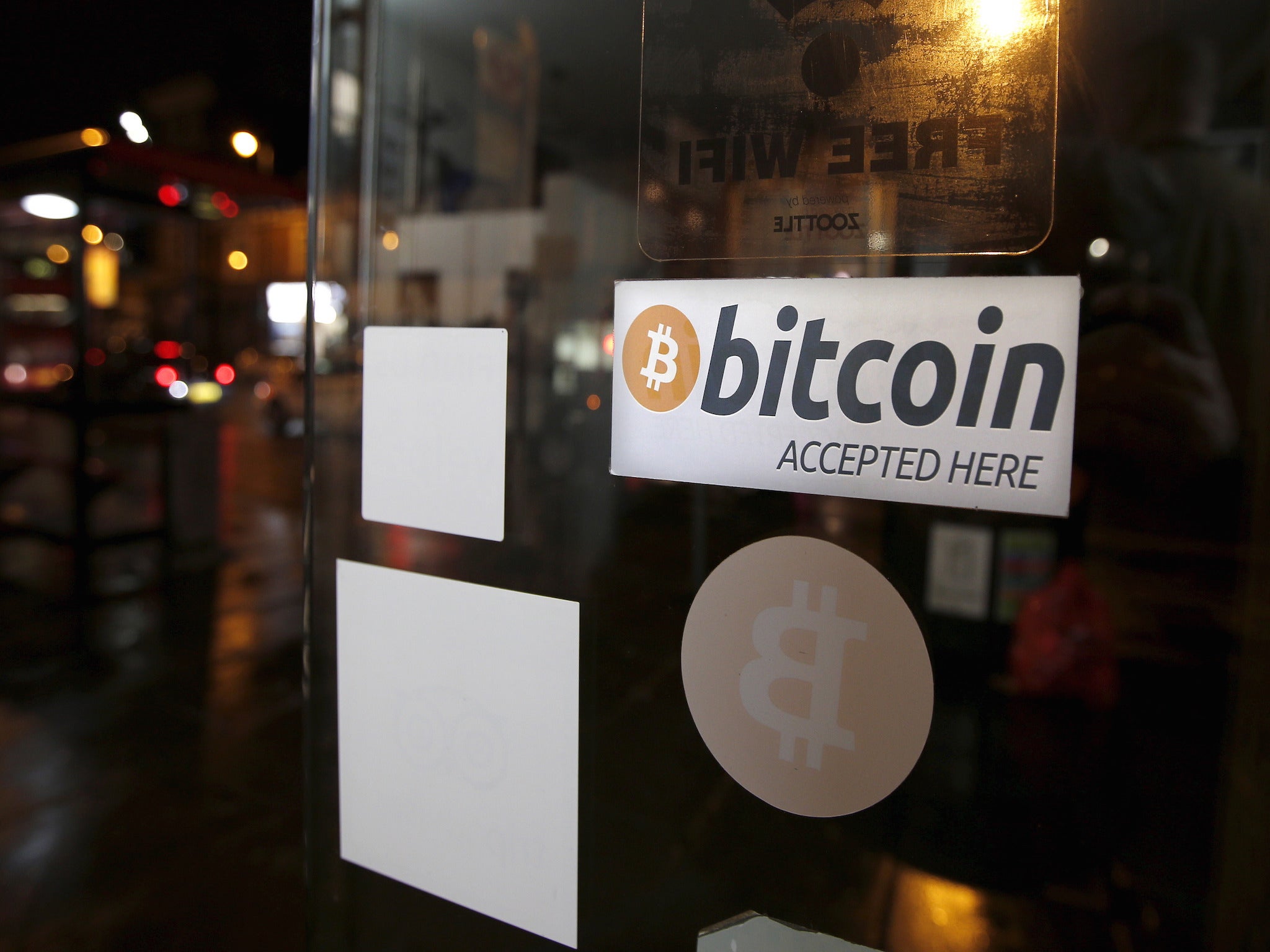Bitcoin could be the Spanish Piece of Eight of 21st Century, says US academic
Conference told closest parallel to bitcoin is Spanish coin that became world's first global currency

Is revolutionary bitcoin the next Piece of Eight?
The discovery of the Potosi mine in Peru by Spanish colonialists in the 16th Century resulted in a massive increase in silver production and the subsequent spread of the Silver Dollar, or Piece of Eight.
With its use by communities that reached from the New World to China, that Spanish coin became what is generally recognised to have been the world’s first global currency. Five hundred years later, bitcoin could be just as important, standing as it does on the threshold of global digital adoption.
This was the theory outlined on Friday by an American academic who noted that the potential of bitcoin had its most powerful comparison with events in the middle of the 16th Century and their “centrality in the history of world trade and global currency”.
“New World silver [created] a global social universe, connecting the entire planet for the first time in recorded history in a networked economy,” said Zac Zimmer, an assistant professor of Spanish at Virginia Polytechnic Institute and State University.
Speaking at the Theorising the Web conference in New York, he added: “These global flows of labour and accumulation were tied together by an extractive economy, and it is that extractive economy which bitcoin seeks to reproduce in the digital universe.”
The battle by bitcoin adherents for its acceptance and adoption continues, but almost every day there are both anecdotal and fixed signs of its progress. There are currently 14m bitcoins in circulation, worth around $3.1bn at the current exchange rate of around $220 per coin.
Reuters reported that last month, the British government announced plans to regulate digital currency exchanges in order to prevent their use in money-laundering, and to help to develop a set of standards for cryptocurrencies. The move was praised by backer of bitcoin for lending legitimacy to the currency.
“London has been the home of financial innovation for hundreds of years,” Nicolas Cary, the co-founder of Blockchain, which provides bitcoin data and virtual wallet software for storing the currency, told the news agency.
“It would be a historical mistake not to make this the home of digital currencies. There's an incredible amount of talent and experience here.”
And just last week, Republican Rand Paul triggered more debate when he became the first US presidential candidate to announce he would accept bitcoin contributions towards his campaign costs.
The New York Times reported the move would likely “highlight his edgy appeal to other libertarians, tech-savvy voters, young people and others who favour bitcoins”.
Dr Zimmer said much had been written likening bitcoin to a digital gold standard. But he said a more apt comparison was with the Silver Piece of Eight, the circulation and adoption of which became possible because of the exploitation of the Potosi mine and the development of the so-called patio process, which used mercury to recover silver from ore and replaced traditional smelting.
“The Piece of Eight solidified a global trade network, it reoriented hierarchies of power the world over, and, during the late 16th and early 17th centuries, most of it came from one single mountain deep in Peru,” he said.
He added: “The Potosi discovery, the arrival of the patio process and the silverisation of the Chinese economy all occurred within a few generations. It is the nexus of these global events - political-economic, technological, and geo-political - that provide such an apt comparison with the bitcoin moment.”
Subscribe to Independent Premium to bookmark this article
Want to bookmark your favourite articles and stories to read or reference later? Start your Independent Premium subscription today.

Join our commenting forum
Join thought-provoking conversations, follow other Independent readers and see their replies